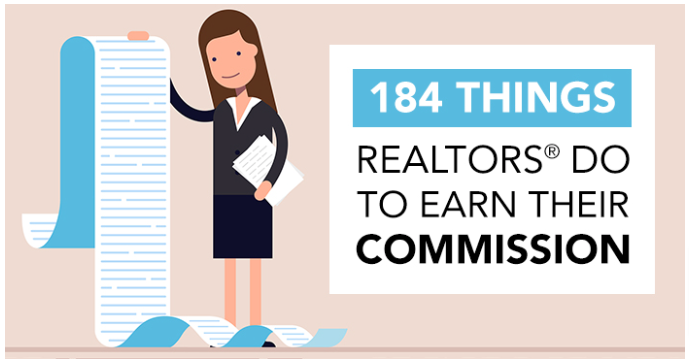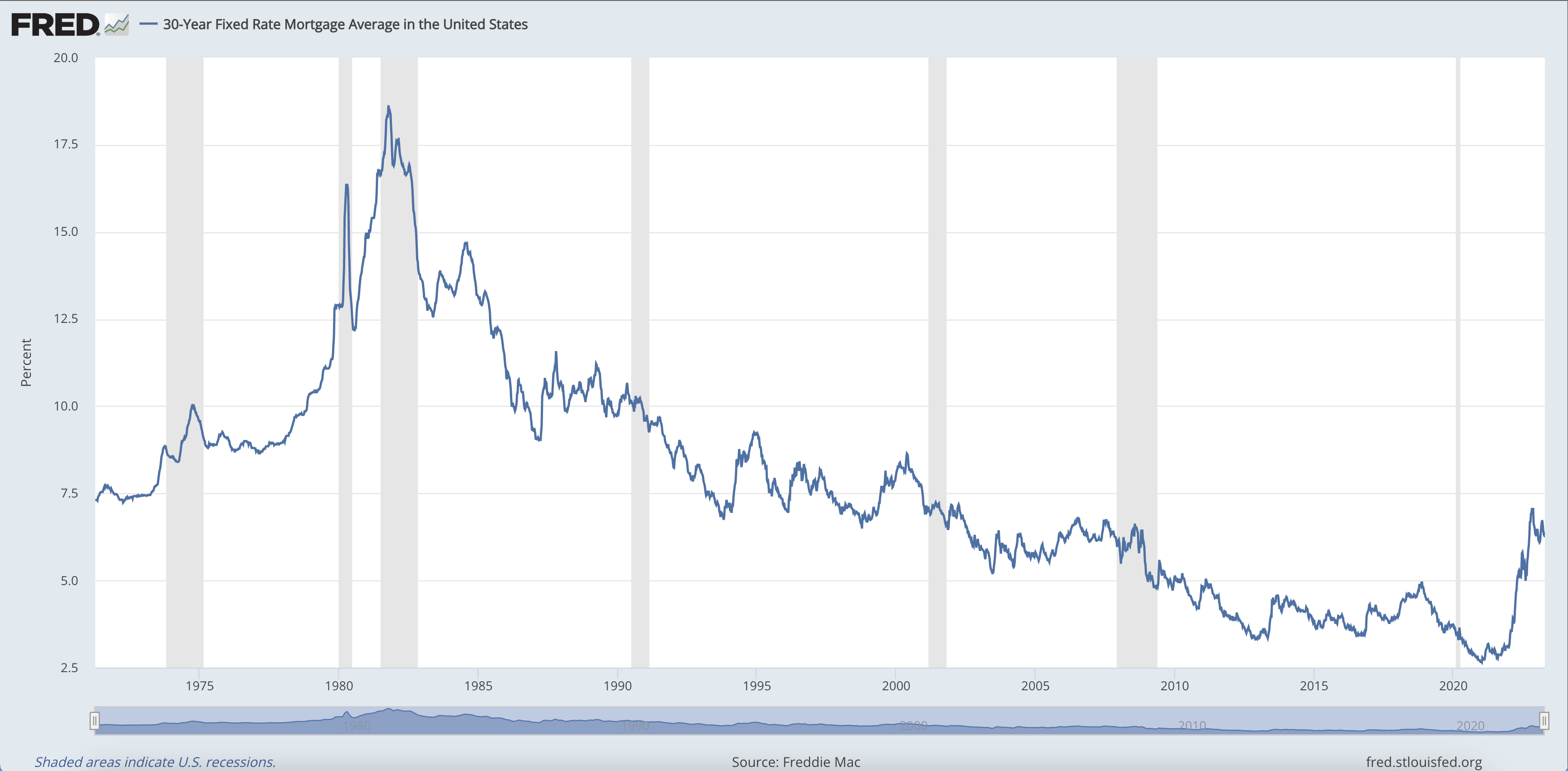4 Things to Consider If You’re Waiting to Sell Your House until after the Real Estate Settlement Takes Effect
4 Things to Consider If You’re Waiting to Sell Your House until after the Real Estate Settlement Takes Effect
If you’re thinking about selling your house this year, you might be wondering if it makes sense to wait until after the recent commission lawsuit settlement takes effect so you can avoid paying a commission to a buyers’ agent.
It’s understandable, considering it probably sounds like just waiting a few months will net you thousands of dollars — or maybe even tens of thousands — when you sell your house.
But before you bank on that and hit the pause button on selling your house, here are 4 things to think about:
1) It Might Not Be Just a Few Months
While the settlement is proposed to take effect in July 2024, keep in mind that the key word is “proposed.” CNBC recently reported that because it’s a federal class-action lawsuit, there will be a period of review and time for commentary and feedback to be given by any interested parties, which could make the end of the year a more realistic timeframe for changes to take effect.
2) You Could Miss out on a Hot Market
According to Yahoo Finance, a recent survey revealed that 79% of sellers already regret missing the hottest market in decades, and wish they’d sold their home sooner. While it may be true that home prices have softened in some areas, prices are still historically high right now in most areas and price ranges.
It’s impossible to predict when or if there will be a major price correction, and it may not happen in the next few months, or even a year. But considering how the majority of home sellers already feel about slightly lower prices, think about how you’d feel if you waited and realized prices were much higher currently, especially if they dropped more than you were trying to save by avoiding paying a commission to a buyers’ agent.
3) It Might Not Change How You Choose to Approach Selling
Nothing in the proposed settlement says that you can’t continue to offer a commission split to buyers’ agents. You’ll still be allowed to do so, it just won’t be published within the MLS listing. And, for many sellers, there’s a good chance that doing so will be a smart, strategic way to get their home sold as quickly, and for the highest amount possible, by exposing their home to the entire market as efficiently as possible.
4) You Might Find That Buyers’ Offers Include Commission
Many buyers will still be represented by buyers’ agents once the settlement takes effect. Even though the proposed settlement allows sellers to not offer a buyers’ agent commission (which has always been the case, actually), and requires that buyers sign an agreement with their agent which will include how much their agent will be paid, it doesn’t mean that buyers won’t want to negotiate it into the agreed upon purchase price.
If you aren’t open to considering offers from buyers who do so, you’ll be limiting your options, and possibly how much you can sell your house for. And any unrepresented buyers may want to discount how much they offer you by deducting what they consider to be how much their agent would’ve been paid anyway, so your net proceeds may be fairly similar whether your buyer is represented or not.
AUTHOR

Broker/Owner


























